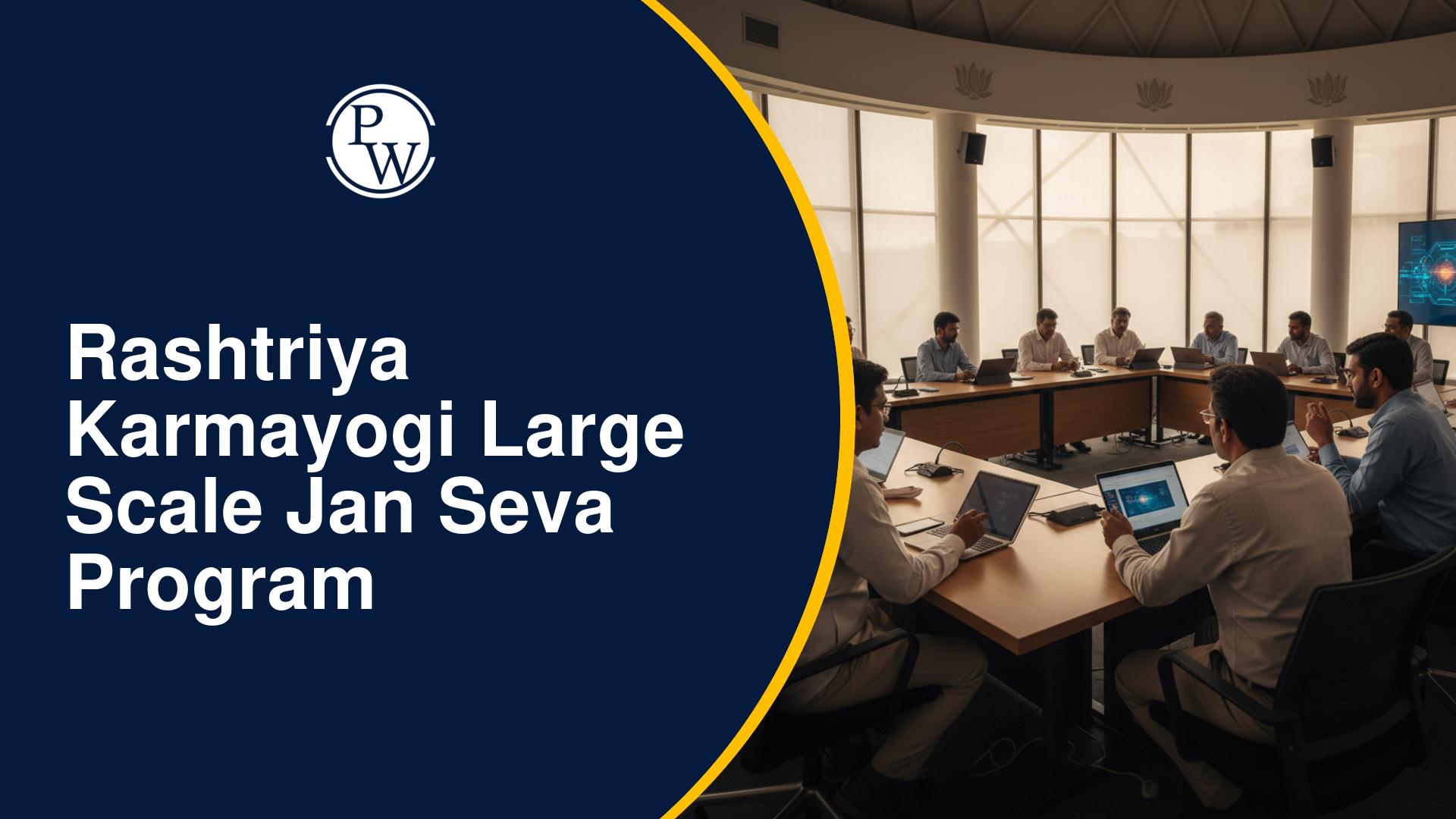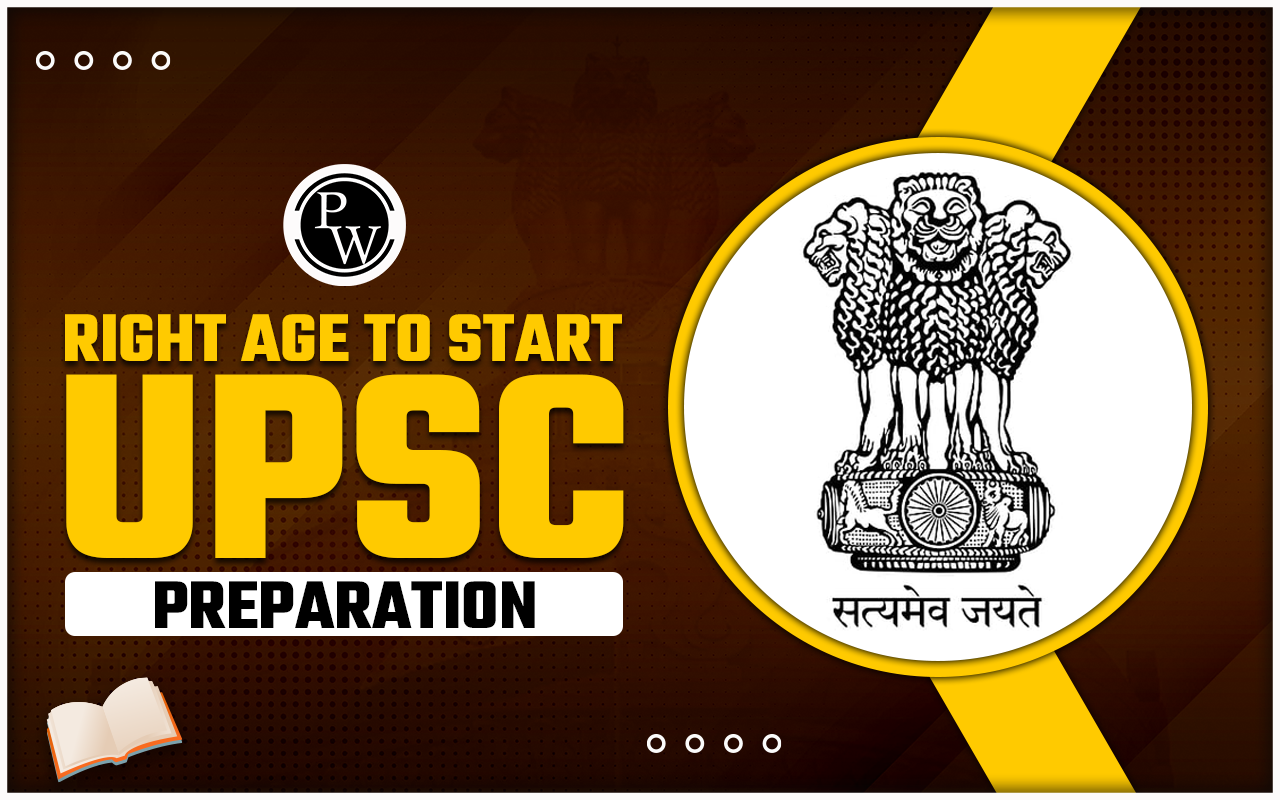
Central Board of Film Certification (CBFC) is a vital, yet often debated, statutory body in India. It is the gatekeeper of public exhibition for films, ensuring that cinematic content aligns with the country's legal, moral, and cultural standards before reaching the audience.
Often mistakenly referred to as the 'Censor Board,' the CBFC's primary function is one of certification, not outright censorship, by classifying films for specific audience age groups.
Central Board of Film Certification
The Central Board of Film Certification (CBFC) is a statutory body operating under the Ministry of Information and Broadcasting, Government of India.
Its main objective, as outlined in the Cinematograph Act, 1952, is to regulate the public exhibition of films. A film can only be screened in public theatres or on television in India after it has been certified by the CBFC.
The core mission of the CBFC is to ensure that films provide healthy public entertainment and instruction, while also maintaining transparency in the certification process.
Historical Background of Film Certification in India
The system of film censorship in India dates back to the pre-Independence era.
-
Pre-1947: Film censorship was handled by independent regional boards located in major cities like Bombay (Mumbai), Calcutta (Kolkata), and Madras (Chennai). These boards were initially under the respective police chiefs.
-
Post-1947: Following India's Independence, the autonomous regional censors were consolidated into the Bombay Board of Film Censors.
-
1952: The Cinematograph Act, 1952, was enacted, which reorganised the Bombay board into the Central Board of Film Censors. This Act established a legal framework for film regulation.
-
1983: A revision of the cinematography rules led to the body being renamed the Central Board of Film Certification (CBFC), a name that better reflects its role of classification and certification.
Structure and Composition of the CBFC
The Central Board of Film Certification is composed to reflect a cross-section of society and interests.
-
Headquarters and Oversight: The CBFC operates with its headquarters in Mumbai. It functions under the administrative control of the Ministry of Information and Broadcasting.
-
Members: The board consists of a Chairperson and a maximum of 25 non-official members, all of whom are appointed by the Central Government. These members are typically drawn from various fields such as law, arts, social science, education, and filmmaking.
-
Regional Offices: To streamline the certification process across the country, the CBFC operates through nine Regional Offices. These are located in:
-
Mumbai
-
Kolkata
-
Chennai
-
Bangalore
-
Thiruvananthapuram
-
Hyderabad
-
New Delhi
-
Cuttack
-
Guwahati
-
Advisory Panels: The Regional Offices are further assisted by Advisory Panels. Members of these panels are also nominated by the Central Government for a period of two years and play a crucial role in examining films.
Functions and Powers of the CBFC
The primary responsibility of the CBFC is to certify films for public viewing. This function is carried out by following the guidelines laid down in the Cinematograph Act, 1952.
-
Film Certification: Granting the appropriate certificate (U, U/A, A, or S) to films based on their content.
-
Recommending Modifications: The Board has the power to recommend necessary cuts, edits, or modifications to a film before granting a certificate.
-
Refusal to Certify: The CBFC can refuse to grant a certificate if the film or any part of it violates the guiding principles or the provisions of the Cinematograph Act.
-
Certification of Foreign and Dubbed Films: The Board is also responsible for certifying foreign films and dubbed versions of Indian films for exhibition.
Categories of Film Certification by CBFC
The Central Board of Film Certification classifies films into four main categories, with recent sub-categories introduced to align with global standards.
|
Categories of Film Certification by CBFC |
||
|
Certificate |
Category Name |
Description |
|
U |
Unrestricted Public Exhibition (Universal) |
Suitable for viewers of all age groups. These films are generally family-friendly and free from themes that would disturb children. |
|
U/A |
Unrestricted with Parental Guidance |
Can be viewed by all age groups, but parental guidance is advised for children below 12 years. The content may contain moderate violence or themes that require discretion. |
|
U/A Sub-Categories |
Introduced to provide clearer age-based guidance, these include U/A 7+, U/A 13+, and U/A 16+. |
|
|
A |
Restricted to Adults |
Restricted to viewers who are 18 years and above. The content in these films is considered mature and unsuitable for non-adults, potentially containing strong violence or sexual scenes. |
|
S |
Restricted to Special Classes of Persons |
Films certified 'S' are restricted to a specific class of people, such as doctors, scientists, or members of a particular profession. |
Guiding Principles for Film Certification
Section 5B(1) of the Cinematograph Act, 1952, and subsequent guidelines set forth the principles that the CBFC must follow when examining a film. The board's evaluation aims to ensure that:
-
The medium of film remains responsible and sensitive to the values and standards of society.
-
Artistic expression and creative freedom are not unduly curbed.
A film may not be certified for public exhibition if any part of it is deemed to be:
-
Against the sovereignty and integrity of India.
-
Detrimental to the security of the State or friendly relations with foreign States.
-
Against public order, decency, or morality.
-
Involving defamation or contempt of court.
-
Likely to incite the commission of any offence.
The guidelines also specifically prohibit the glorification of anti-social activities, unnecessary depictions of cruelty to animals, scenes degrading women, or the promotion of communal, anti-national, or obscurantist attitudes.
The Cinematograph Act, 1952
The Cinematograph Act, 1952, is the foundational law that governs the certification and exhibition of films in India.
This Act legally empowers the Central Government to establish the CBFC and outlines its authority to regulate film content. The core provisions of the Act are the basis for all certification decisions, ensuring that films adhere to specific legal and ethical standards.
-
Legal Provisions: The Act provides the legal backing for the CBFC's power to certify, recommend cuts, or refuse certification.
-
Certification Rules: The Cinematograph (Certification) Rules, 1983, along with the Central Government's guidelines, specify the detailed procedure for the certification of films.
Controversies and Criticisms Surrounding the CBFC
Despite its official role as a certification body, the Central Board of Film Certification frequently faces criticism, largely centred on its perceived function as a 'Censor Board'.
-
Freedom of Expression: Critics argue that the Board's power to recommend cuts or refuse certification infringes upon the fundamental right to freedom of speech and expression (Article 19 of the Indian Constitution).
-
Inconsistency and Subjectivity: The application of certification guidelines is often criticised for being inconsistent and subjective, with different committees applying rules differently to various films.
-
Abolition of FCAT: In 2021, the Government of India abolished the Film Certification Appellate Tribunal (FCAT). This tribunal was previously the first avenue for filmmakers to appeal against a CBFC decision. Following its abolition, aggrieved filmmakers must now approach the High Court, a process that is often more expensive and time-consuming.
-
Cinematograph (Amendment) Bill, 2023: Recent legislative changes, including the introduction of new age-based categories (U/A 7+, 13+, 16+) and provisions to penalise film piracy, aim to modernise the framework and address contemporary challenges in the film industry.
Central Board of Film Certification FAQs
What is the primary role of the Central Board of Film Certification?
Which Act governs the working of the CBFC?
What is the 'A' certificate issued by the CBFC?
Why was the Film Certification Appellate Tribunal (FCAT) abolished?










